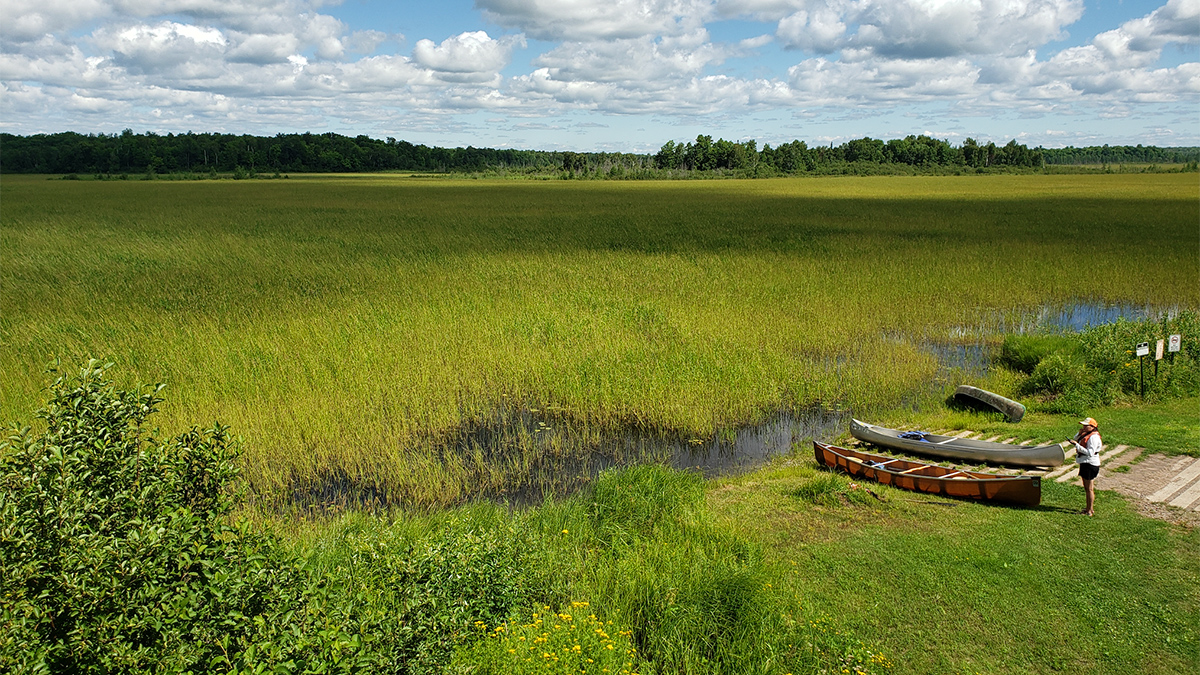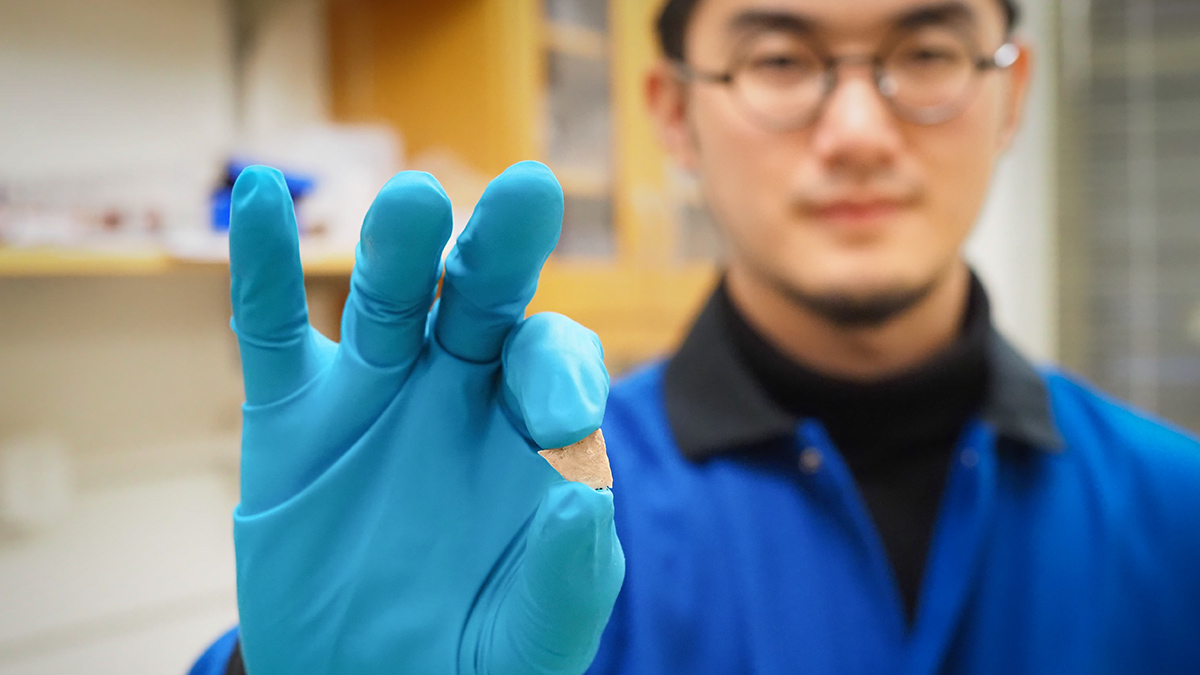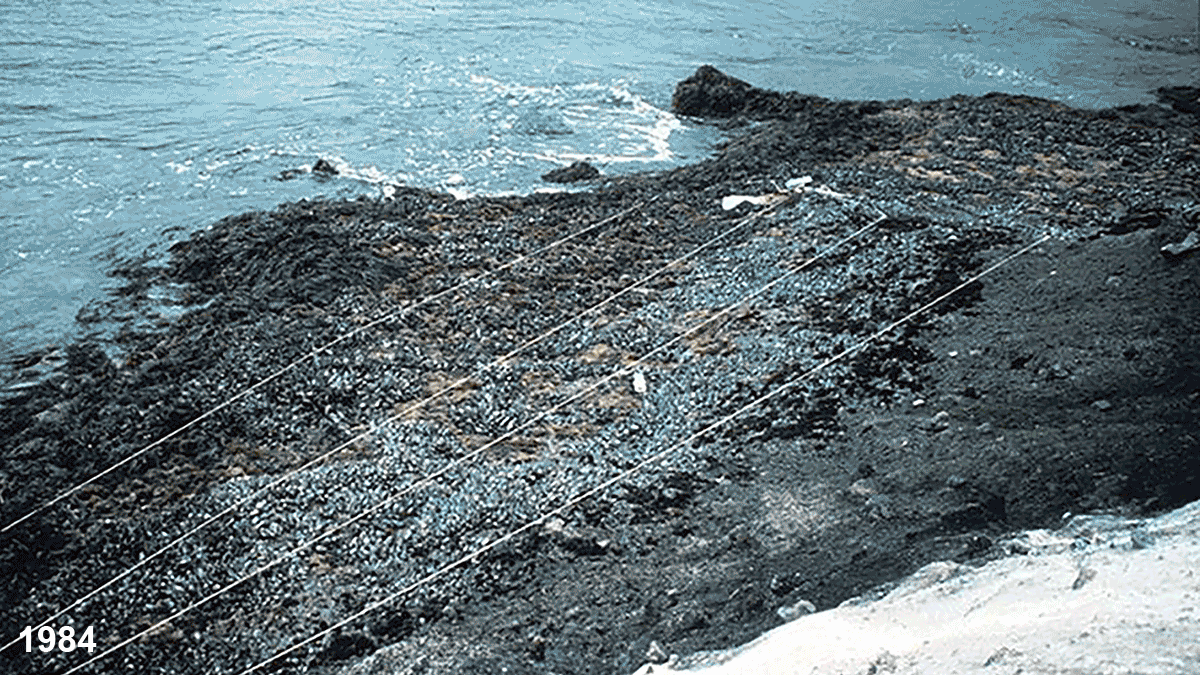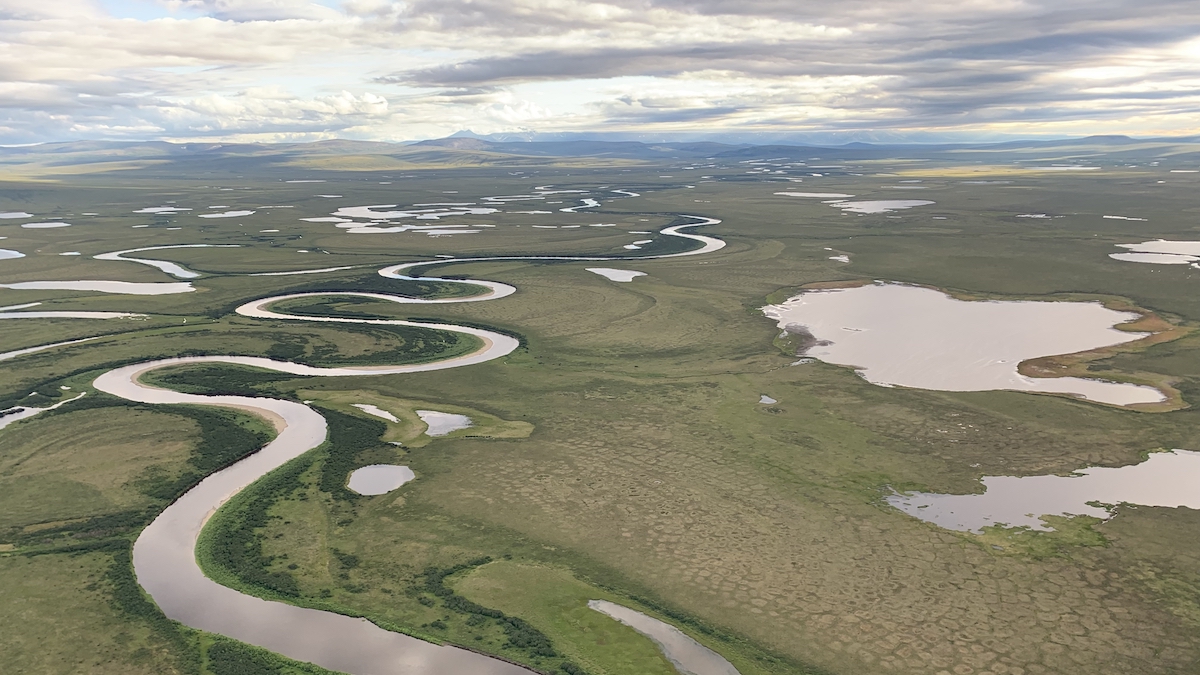As a precious plant struggles to thrive in the U.S. Upper Midwest, researchers are taking steps to understand the reasons for its decline.
Climate Change
Climate Change Turns Up the Heat in Greek Museums
Museums and historic buildings use indoor microclimates to preserve artifacts, but rising temperatures could create a breeding ground for pests, mold, and deterioration.
Ostrich Eggshells Trace Namaqualand’s Ancient Rain
The plant-based nitrogen eaten by ostriches and stored in their eggshells was measured by researchers 20,000 years later.
Ocean Warming Is Wiping Out Southern California’s Mussel Beds
Historic photographs reveal the dramatic retreat of mollusks as warmer waters take a toll on the health of the intertidal zone.
Another Record-Breaking Year in the Arctic Amplifies Calls for More Data
A downward spiral of the Arctic’s ecological health and climatic conditions continued in 2023, causing problems for people, plants, and animals, according to a new NOAA report.
A Transformative Carbon Sink in the Ocean?
Water-rock reactions in some hydrothermal systems produce both hydrogen, which could be tapped for clean energy, and alkaline solutions that could help draw down atmospheric carbon dioxide.
Satellites Map Environmental Vulnerabilities in U.S. Prisons
Geoscientists are using remote sensing to gather data on risks including increased exposure to air and soil pollution, excessive heat, wildfire, and flooding.
Mammal Droppings Preserve Human and Climate History on the Tibetan Plateau
Geochemical signatures in sediment, which includes organic molecules from human and animal poop, help scientists track the rise and fall of the Tibetan Empire.
Sinking Cities and Rising Waters
Climate-driven sea level rise combines with land subsidence in some of Africa’s fastest-growing cities.
An Electrifying Approach to Carbon Capture
A new sodium-ion “battery” promises an environmentally friendly method of sequestering carbon in the ocean, but experts remain cautious.










